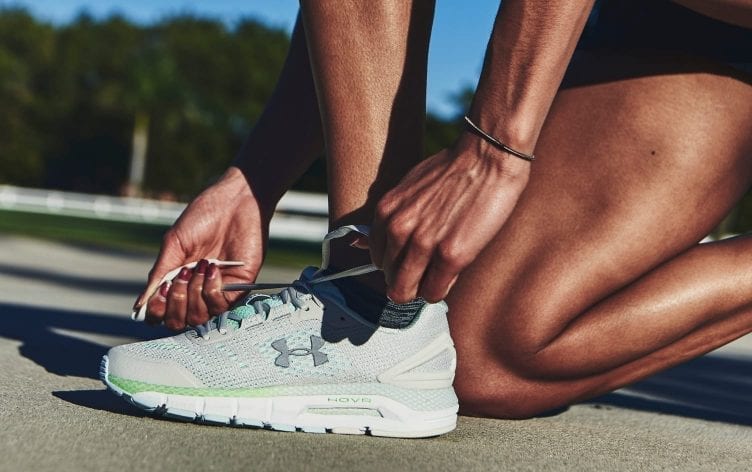
Practicing Pilates can be a great way to improve strength and flexibility. What makes Pilates interesting is its emphasis on postural alignment, core strength and balance — and these basic principles can be incorporated into many other forms of exercise.
Since walking is one of the best ways you can jumpstart your fitness and improve your health, it makes sense that combining Pilates with a regular walking routine could help you reap the benefits of both forms of exercise.
WHAT IS PILATES WALKING?
Whether you want to increase your distance, pick up the pace or just avoid injury, improving your technique is crucial. Pilates walking does so by focusing on proper posture and drawing awareness to make sure your core and glutes are engaged. In addition to these physical benefits, Pilates walking also supports the mental side that can help you feel better and improve mood, thanks to an emphasis on breathwork.
HOW TO PRACTICE PILATES WALKING
Incorporating Pilates into your current walking routine is easier than you might think. Practice these basic principles of Pilates walking to get started:
1
CONCENTRATE ON YOUR PLUMB LINE
Staying connected from your head to your feet is at the center of Pilates technique. To do so correctly you’ll need to:
- Focus on keeping your ears above your shoulders and your chin level. Look up as you walk instead of tilting your head down to look at the ground.
- Keep your shoulders in line with your hips, avoiding the tendency to let your upper body tilt forward while you walk.
- Maintain a neutral pelvis, avoiding anterior or posterior pelvic tilt.
- Roll through as your foot hits the ground, striking with the heel and rolling your foot to the toes to push off.
2
CONTROL YOUR BREATHING
Relaxing and getting rid of tension can also improve your walking technique. Incorporate Pilates breathing techniques by inhaling through the nose. Expand your lungs by concentrating on the lateral movement of the rib cage. Exhale through the mouth with a long, slow breath, focusing on squeezing the air out of your lungs in a fluid movement.
3
STAND TALL
Slumping is hard to control even if you’re aware of it. While you walk, focus on elongating your torso. Imagine you have a balloon string stretching straight from your tailbone along your spine through the base of your neck.
4
CONTRACT YOUR CORE
As you walk, practice pulling your stomach up and in. This contracts your core muscles, helping to stabilize your lower back and hips while improving your overall walking form.
5
GET YOUR GLUTES GOING
Following long periods of sitting, it’s a good idea to activate your glutes before you exercise. One way to do this is to do a few Pilates exercises that can wake up these muscles prior to your walking workout. Give these moves a try before you head out for your next walk.










